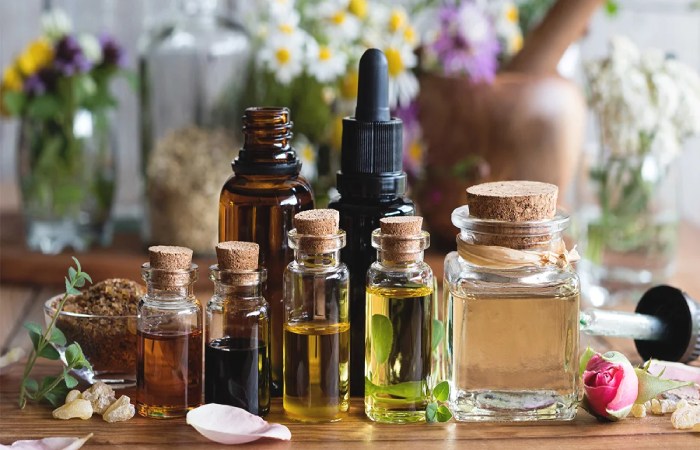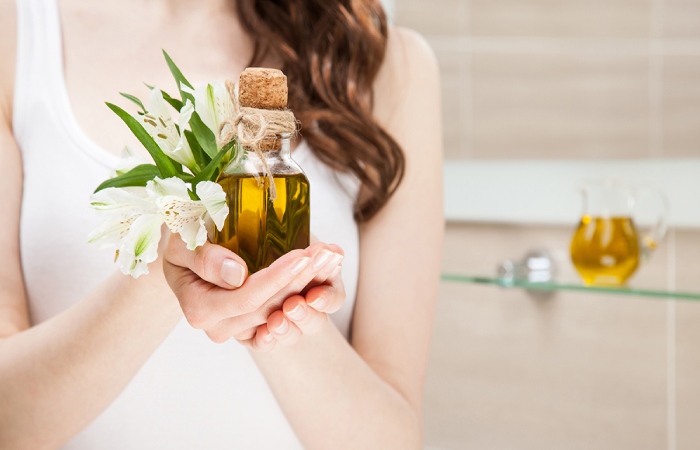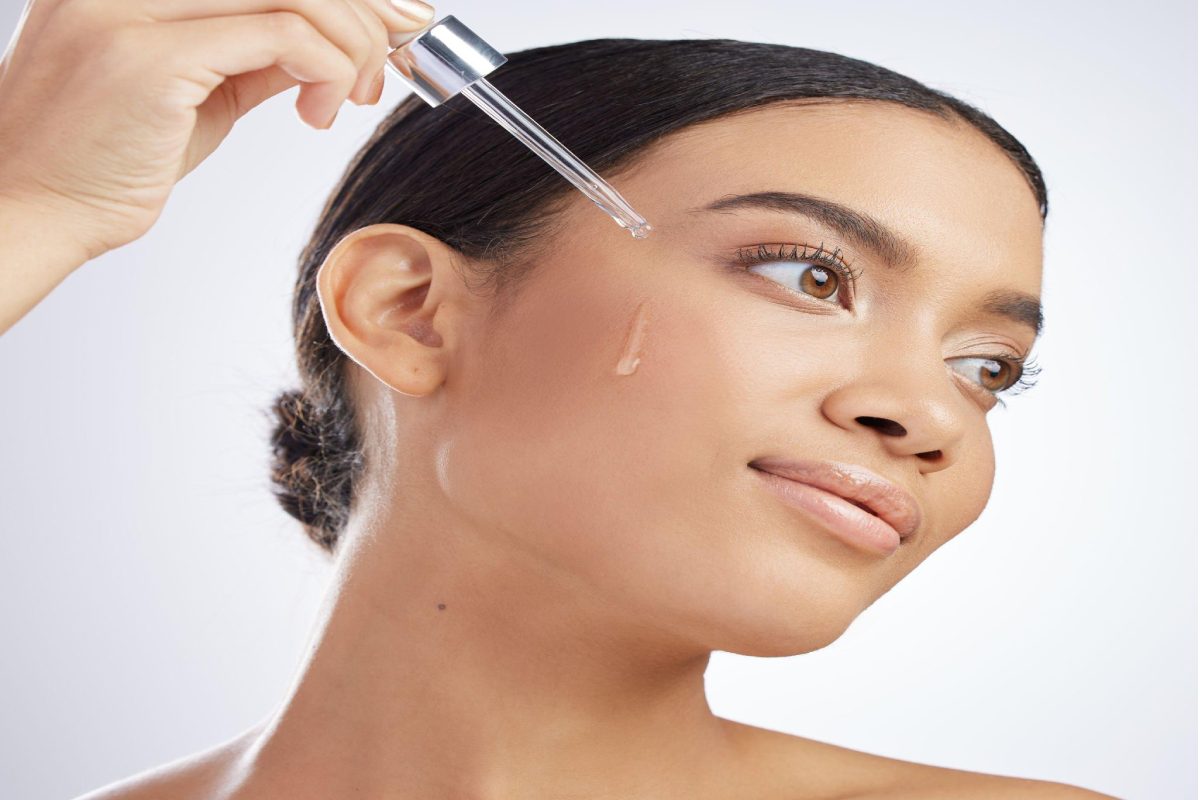Apprise yourself with many planes of wellhealthorganic.com:diet-for-excellent-skin-care-oil-is-an-essential-ingredient. We will focus on the advantages of oil consumption and the best practices for incorporating oils into daily meals.
Skincare is about the nutrients we consume, not just about the products we apply externally, but also about the nutrients we consume.
A successful skincare routine must include oils. It serves as a support for the active substances, facilitating their skin penetration.
Oils are a crucial component of a well-balanced skincare routine. They aid the active ingredients, allowing them to be absorbed into the skin.
Table of Contents
What are the best oils for skin health?

Many different types of oil can be beneficial for skin health. Some of the best oils for skin health include:
Olive oil
Olive oil is a high source of antioxidants, which can help to protect the skin from damage. It is also a good source of vitamin E, essential for skin health.
Coconut oil
Coconut oil is a natural moisturizer remedy that can aid in keeping the skin hydrated. It is also a good source of lauric acid, which has antibacterial and antifungal properties.
Argan oil
Argan oil is a high source of vitamin E and antioxidants, which can help to protect the skin from damage. It is also a good source of fatty acids, which can help to keep the skin hydrated and protected.
Rosehip oil
Rosehip oil is rich cause of antioxidants, which can help to protect the skin from damage. It is also a good source of fatty acids, which can help to keep the skin hydrous and protected.
Jojoba oil
Jojoba oil is a light, non-greasy oil that quickly absorb by the skin and is suitable for all skin types.
Tea tree oil
Tea tree oil is a powerful antiseptic oil that can help to soothe and heal acne-prone skin.
Almond Oil
This oil is rich in vitamin E, which helps to protect the skin from damage caused by UV radiation.
Olive Oil
This oil is high in antioxidants and can help to protect the skin from damage caused by free radicals.
How do you pick the best oil for skin care?

Choosing the best oil for skin care can be a scary task, as many different types of oils are available on the market. However, there are a few main factors to consider when selecting an oil that will work best for your skin type and concerns:
1. Skin Type
The first thing to consider when choosing an oil for skin care is your skin type. Different oils have different properties, and some are better suited for specific skin types than others.
2. Acne-prone Skin
If you have acne-prone skin, it is vital to choose a non-comedogenic oil, meaning it won’t clog pores. Some examples of non-comedogenic oils include grapeseed oil, hempseed oil, and sunflower oil.
- Anti-aging Properties
If you are concerned about signs of ageing, such as fine lines and wrinkles, you may want to choose an oil rich in antioxidants and vitamins, such as argan oil, rosehip oil, or pomegranate seed oil.
4. Sensitivity
If you have sensitive skin, it is essential to choose an oil that is gentle and non-irritating. Some good options include chamomile oil, calendula oil, and apricot kernel oil.
5. Quality
Finally, when selecting an oil for skin care, it is crucial to choose a high-quality, pure oil free from additives and preservatives.
Incorporating Oil into Your Diet

There are many ways to incorporate oil into your diet to improve your skin health. One of the easiest ways is to consume foods naturally high in oil content. Some examples of these include: Here are some of the best foods to include in your diet for healthy skin care:
- Salmon, mackerel, and sardines are fatty fish
- Avocado
- Nuts and seeds such as almonds, flaxseeds, chia seeds
- Olive oil
- Coconut oil
Consuming these foods regularly can help provide your body with the essential fatty acids, and antioxidants needed to maintain healthy skin.
Finally, you can also take supplements such as fish oil or flaxseed oil to increase your intake of essential fatty acids. However, it is vital to access with a healthcare professional before starting any new supplements to ensure that they are safe and appropriate for you.
What are the benefits of eating oil for skin health?
There are many benefits of eating oil for skin health. Some of the benefits include:
- Oil helps to keep the skin hydrated. The skin is made up of cells held calm by a lipid barrier. This barrier helps to keep the skin hydrated and protected from the environment. When the lipid barrier is damaged, the skin can become dry, irritated, and chapped. Eating oil can help to keep the lipid barrier healthy and hydrated.
- Oil helps to protect the skin from the sun’s harmful UV rays. The sun’s UV rays can damage the skin, leading to premature ageing, wrinkles, and skin cancer. Eating oil can help to protect the skin from the sun’s harmful UV rays.
- Inflammation is a natural process that allows the body to heal from injury. However, chronic inflammation can damage the skin, leading to acne, eczema, and psoriasis. Oil helps to reduce inflammation. Eating oil can help to reduce inflammation in the body, which can improve the health of the skin.
Conclusion
In conclusion, including oil in your diet could affect the presence and health of your skin. Using oil in skin care can help to protect the skin from environmental damage. It is essential to select top-quality oils high in antioxidants and nutrients. Coconut oil, olive oil, and avocado oil are just a few examples of healthy oils that are beneficial for your skin.

